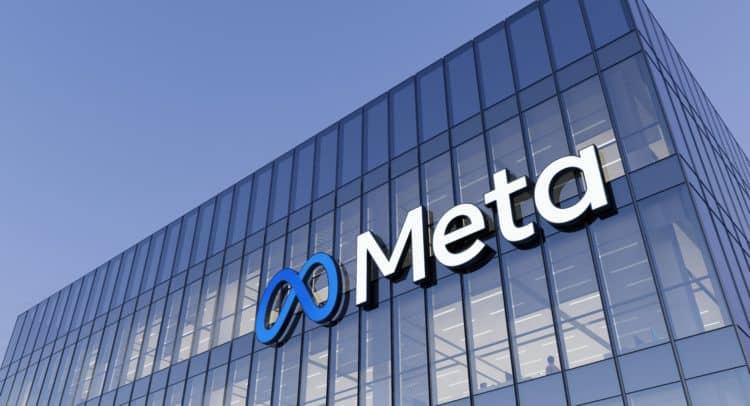"Meta" collaborates with "Constellation" to purchase nuclear energy to support its data centers.

Meta has signed a long-term agreement with Constellation Energy to purchase clean nuclear energy from the Clinton Clean Energy Center in Illinois, aiming to strengthen its commitment to relying entirely on renewable energy sources.
Meta is set to start receiving the energy from June 2027, purchasing approximately 1.1 gigawatts, the total output of the single reactor on-site.
This deal is part of the company's efforts to meet the increasing demand for clean energy to support its operations, especially amidst significant expansion in artificial intelligence projects and data centers.
Both companies have confirmed that this agreement will support the continued operation of the nuclear station and contribute to its relicensing, after facing closure due to the expiration of its emissions-free credit it relied on since 2017.
Constellation's CEO, Joe Dominguez, stated that this partnership reflects Meta's recognition of the importance of supporting existing nuclear infrastructure, saying: "Meta has realized that supporting relicensing and expanding existing stations is as impactful as finding new energy sources."
Orvie Baric, Meta's Energy Division President, emphasized that securing clean and reliable energy sources is vital to align with the company's ambitions in artificial intelligence, adding: "We are proud to contribute to the continued operation of Clinton Station for years to come, proving that this station is a crucial part of enhancing American leadership in the energy sector."
This move is part of a growing trend among tech giants to invest in nuclear energy. Microsoft previously signed a similar agreement with Constellation to purchase energy from the Three Mile Island station, while Amazon and Google have invested in small modular nuclear reactor projects.
In a related context, Constellation is considering obtaining a permit to build a small nuclear reactor at the Clinton site, aligning with US government efforts to accelerate nuclear projects through regulatory reforms aiming to double the country's nuclear energy by 2050.